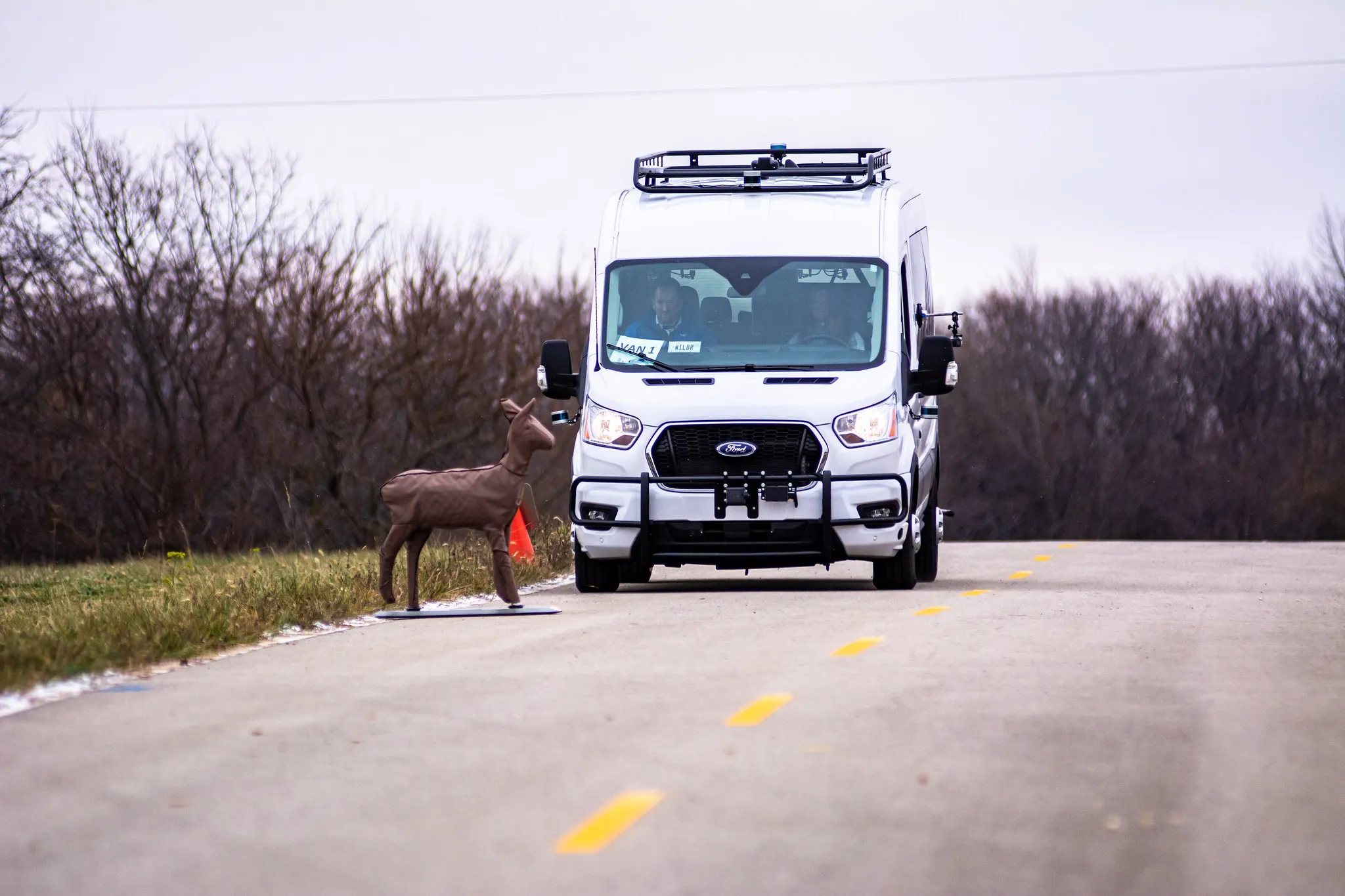Transurban recently partnered with Virginia Tech Transportation Institute on their automated and connected vehicle technology road test on the 95 Express Lanes in Northern Virginia.
The ten-mile test, part of the Virginia Automated Corridors and Virginia Connected Corridors initiatives, was conducted by the Virginia Tech Transportation Institute, the Virginia Department of Transportation, and Transurban, which operates the Express Lanes.
The test took place when the 95 Express Lanes were closed to th
October 20, 2015
Read time: 2 mins
The ten-mile test, part of the Virginia Automated Corridors and Virginia Connected Corridors initiatives, was conducted by the Virginia Tech Transportation Institute, the
The test took place when the 95 Express Lanes were closed to the traffic as part of the Lanes’ regular mid-day reversal, providing the partners with a safe, closed environment to demonstrate the technology.
The demonstration featured a Level 3 automated vehicle performing specific driving actions such as lane changes and automated braking in response to scenarios including a simulated work zone and an approaching law enforcement vehicle. In addition, a connected vehicle equipped with both dedicated short-range communications (DSRC) and cellular technology responded to driving scenarios along the test roadway.
These technologies have potential applications in managed lanes facilitates like the 495 and 95 Express Lanes in Virginia to improve roadway efficiency and safety. Connected-vehicle communications can complement tools like dynamic pricing and lane-use management signals as facility operators look to improve the driver experience and maintain travel speeds. Similarly, the technology can improve the safety of workers and travellers during maintenance activities or repairs.
“As a long-term partner to Virginia, operating one of the most high tech roads in the U.S., we are proud to host today's test. Transurban sees these technologies as vital to improving safety and efficiency on the Virginia Express Lanes and roadways across the America,” said Transurban North America Group general manager Jennifer Aument.









